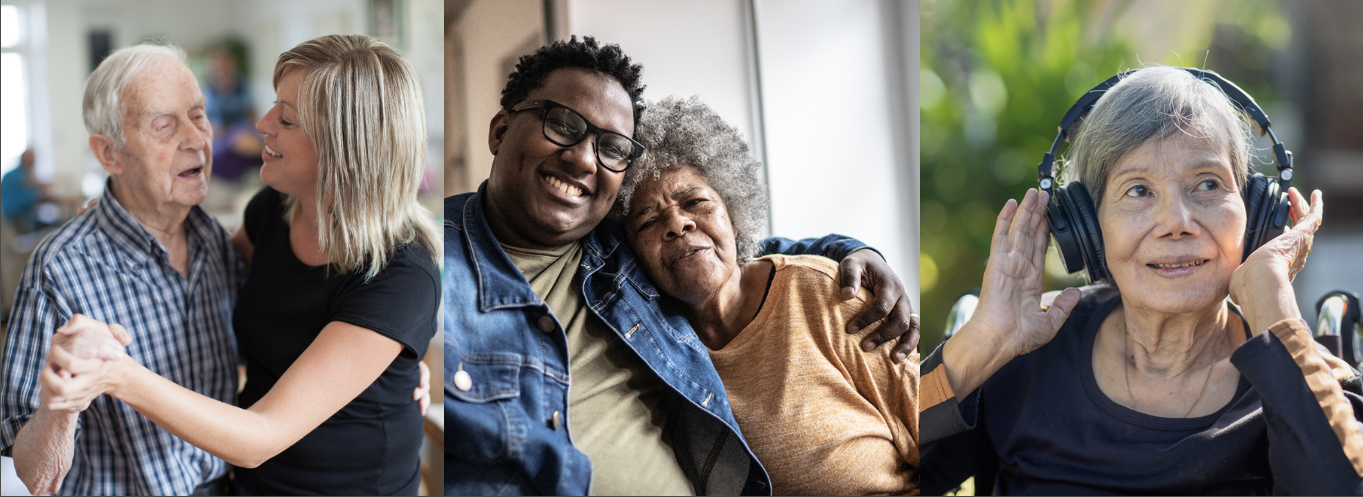CORPORATE OFFICE
2100 Raybrook SE, Suite 300
Grand Rapids, MI 49546
Reception: (616) 235-5000.
BRETON WOODS
2772 Pfeiffer Woods Dr.
Grand Rapids, MI 49512
Reception: (616) 643-2582.
RAYBROOK CAMPUS
2121 Raybrook SE
Grand Rapids, MI 49546
Reception: (616) 235-5002.
FAITH HOSPICE
2100 Raybrook SE, Suite 300
Grand Rapids, MI 49546
Reception: (616) 235-5113.
ATRIO HOMECARE
2100 Raybrook SE, Suite 300
Grand Rapids, MI 49546
Reception: (616) 235-4663.

